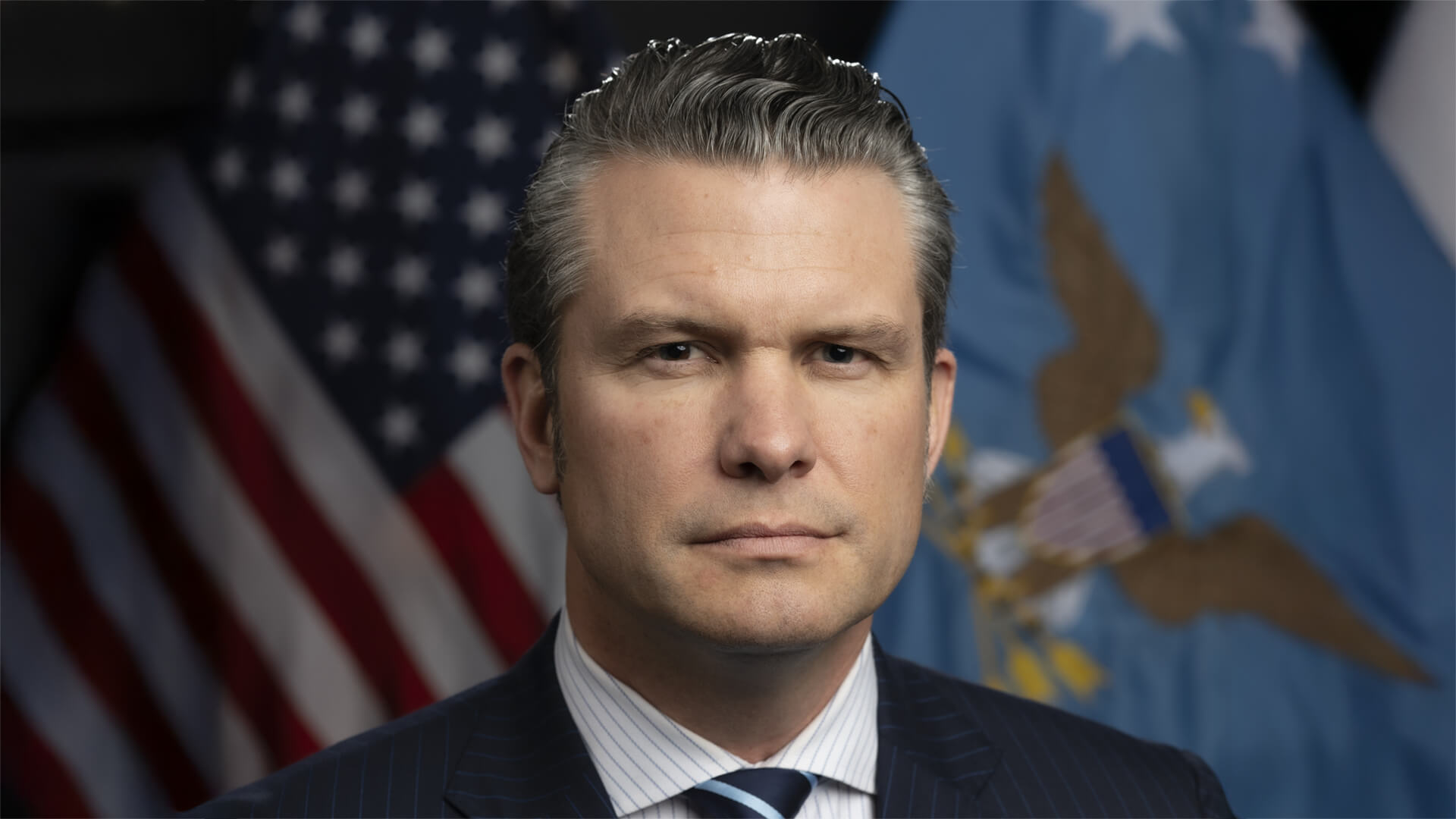With everything that’s going on in the US, it makes sense that foreign investors decided to dump US T-Bills. But what does this mean for the government debt market and the future of the USD?
The selloff of $100 billion in T-Bills caused interest rates to spike and US Treasury yields to jump; however, the US remains the global financial baseline. Other countries simply can’t offer the volume, stability, or scale that the US Market can.
With no real alternatives, the US will remain in the number one spot. If things did heat up, the Fed can always monetize the debt (which is something they’ve never had to do at large scale). And the US has structural advantages and policy tools that will keep the US stable in the long run.
Here at Zeihan on Geopolitics, our chosen charity partner is MedShare. They provide emergency medical services to communities in need, with a very heavy emphasis on locations facing acute crises. Medshare operates right in the thick of it, so we can be sure that every cent of our donation is not simply going directly to where help is needed most, but our donations serve as a force multiplier for a system already in existence.
For those who would like to donate directly to MedShare or to learn more about their efforts, you can click this link.
Transcript
Hey, all, Peter Zeihan here with a home office video. We’re gonna take a question from the Patreon crowd, and that is, do I worry about what’s going on with the government debt market? Specifically, some of Trump’s economic policies have been so erratic that they have been causing foreign investors, most notably the Chinese, to dump a lot of us T-bills on the market.
We’ve had reports that as much as $100 billion has been dumped in a short period of time, and in doing so, the cost of financing that debt has gone up, with the US T-bills briefly hitting about 4.6% before falling back. Basically going up a half a percentage point in a day doesn’t sound like much, but typically if you go up more than like 5/100 of a percent in a day, it’s kind of a big deal from a financing point of view, because in the US, government has issued more debt to pay for the financing.
And since there’s $36 trillion in outstanding debt, you move that needle just a little bit and all of a sudden the US government can get into a lot of financial trouble. And some version of that is what destroyed the Premier ship of Elizabeth Truss in the United Kingdom a couple of years ago. She instituted a policy of tax cuts that were going to be funded by debt, thinking that the growth would then make up for the difference.
And the market absolutely destroyed the pound briefly. And she was out in only a few days. I don’t really worry about that from the American point of view. A few reasons for that. First and most importantly, the US T-bill market is the global standard. Whether or not it is the 80 list standard is not the point.
The point is it’s the baseline that everything else trades around. So you can have governments with tighter fiscal ships like say, the Netherlands or Australia or Germany, whose debt is generally considered higher quality than the US. And it doesn’t matter because with $36 trillion, we are the baseline for pretty much all financial instruments, and that provides a lot of cushion against big shocks.
The bigger problem is whether or not the United States is risking losing its position as the global currency, the global store of value in the currency of first and last resort. After April 2nd, when Trump put in the tariffs, it basically would have generated a global meltdown if they would have stuck around. The concern is that there is a flight to safety, and usually in a flight to safety, people go to gold because they interpret as it being inflation resistant, and they go to U.S. T-bills because they’re the global standard in the US economy.
If something happens to it, the rest of the world has already melted down. Well, since the cause of the problem was the US government, the T-bills didn’t seem to be a particularly viable option and money went elsewhere. But if you look at the other options, they kind of suck. They went to the European Euro, and the euro has risen since the US dollar in the last couple of weeks.
But at the end of the day, the countries in Europe are demographically dead, and they can’t provide this type of baseline activity that isn’t necessary to underwrite a new store of value or a new source of exchange. And the euro is bigger than all the other options put together. The British pound still hasn’t recovered from the Truss episode, and without the Empire behind them, they’re just a mid-sized country.
They could never provide the volume. Canada, Australia. They run a tight ship. But you’re talking about countries with under 40 million people. In the case of Canada, under 30 million people. In the case of Australia, they just can’t compare to 330 million that are in the United States. Not to mention, the United States is a larger economy per capita than any of the others.
And that just leaves Japan, which until recently had one of the most manipulated currencies in the world. People like to talk about the yuan, but the one is not internationally traded. It’s not even an option. There’s just nowhere else to go. But even in the worst case scenario where everyone, everyone decides they just have to go somewhere else.
Which, by the way, does indicate a complete financial meltdown of all countries. Even in that scenario, the United States has an ace up its sleeve that has been used as a matter of course, by pretty much every other central bank for the last 30 years. You see, as countries have been demographically declining, their debt has become less and less attractive.
And so the central banks have had to step in and monetize that debt bit by bit by bit, basically printing currency to buy up the government debt. It’s not that the US doesn’t do this, but the US has never done this on the scales. Everyone else has done it. And since the Covid crisis ended, the federal Reserve has basically been cleaning up its balance sheet month by month by month.
And so there’s a lot of wiggle room for the fed to do just that. Now, that would still have consequences. But we’re talking here about an end of the world scenario, which is kind of my specialty. And in that scenario, you basically would have the Federal Reserve monetize large portions of the debt and become the buyer of government debt, a first and last resort.
In that scenario, the existence of the US t-bill as the baseline for everyone else would be a little bit different, but it wouldn’t stop. So having that in your back pocket gives you a lot of options that nobody else has. Don’t feel great about it. We’ll be okay on this measure.











